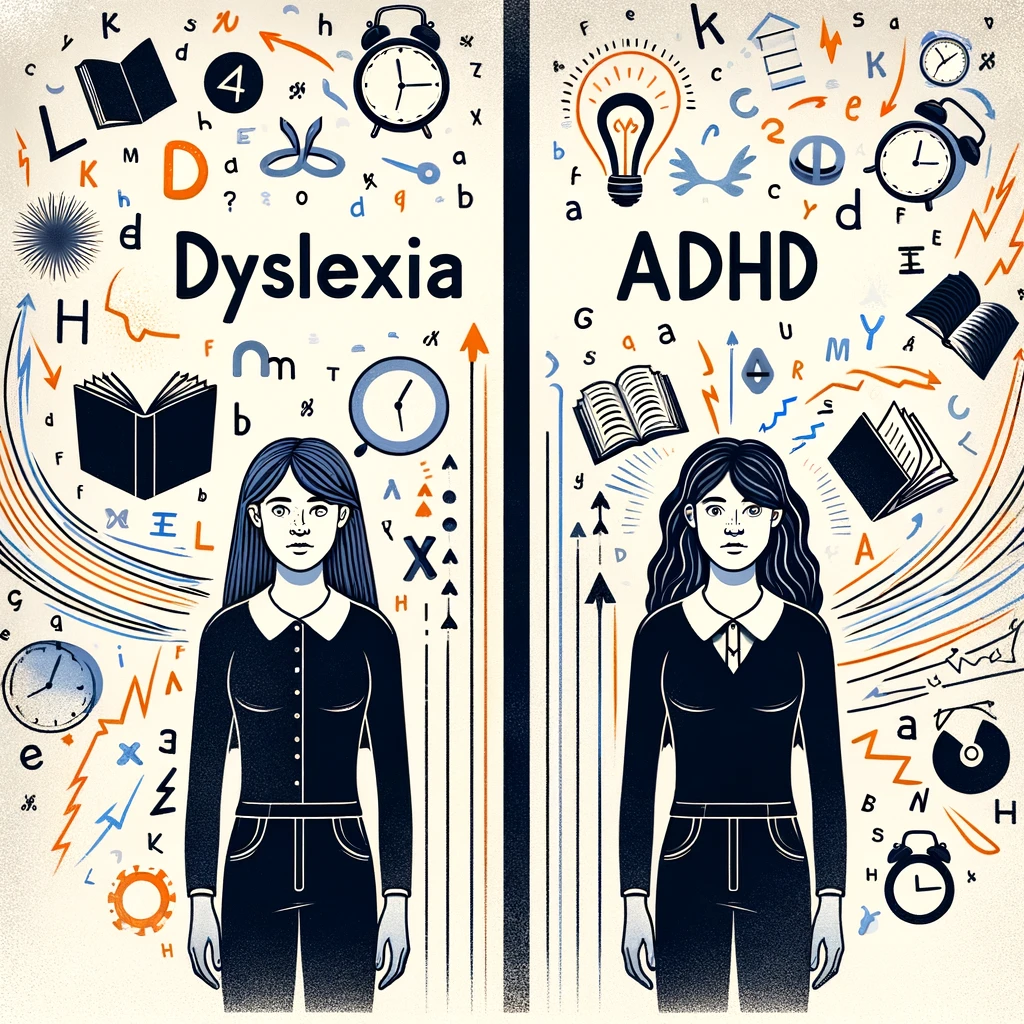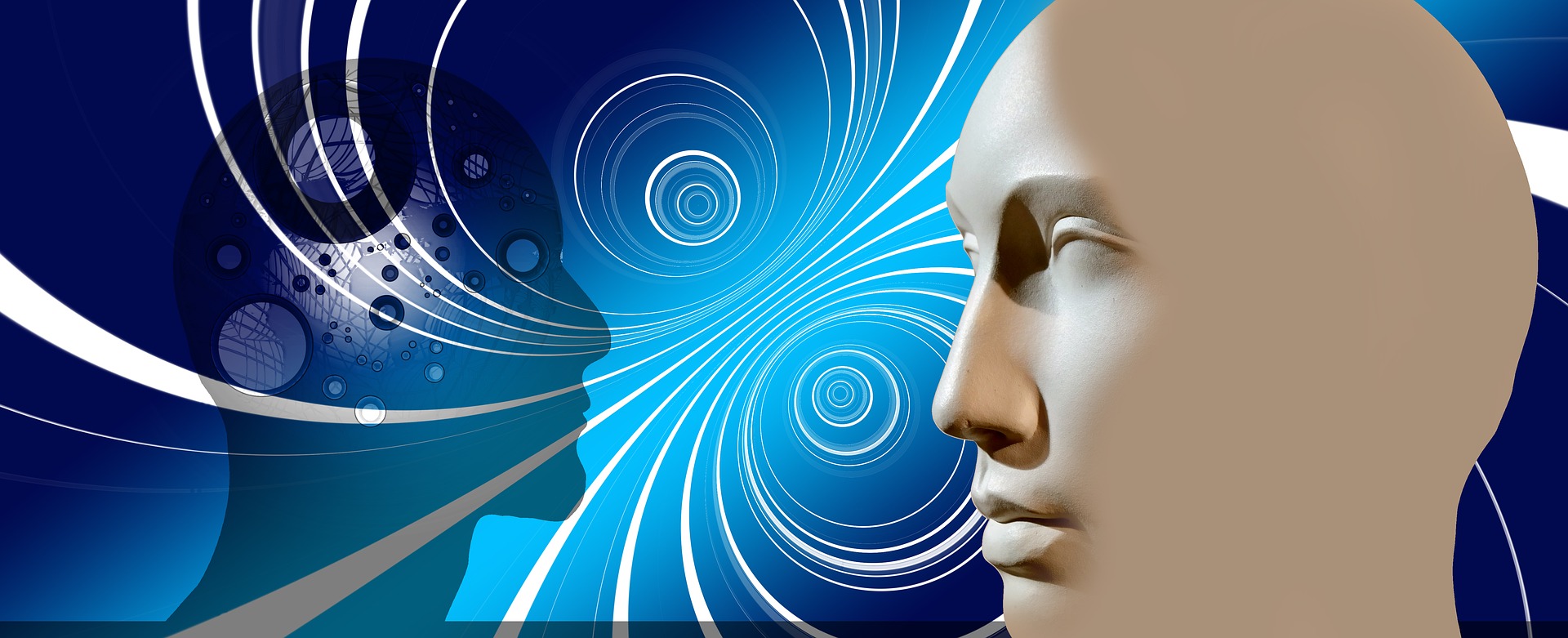ADHD and Your Body. What does it mean to be Disembodied?
Feeling disconnected from your Body when you have ADHD

Many women with ADHD often experience a heightened disconnect from their bodies, known as disembodiment, which can significantly impact their self-trust and overall well-being.💔
The Impact of Beauty Standards and Negative Messages
We live in a world bombarded with impossible beauty standards and negative messages from media and various sources. These pressures create a pervasive belief that women should constantly feel dissatisfied and self-critical about their bodies.👎 For ADHD women who navigate societal expectations along with cognitive differences and societal stigma, fostering a positive relationship with their bodies can be particularly challenging.
Reconnecting with Your Body: A Path to Empowerment
Repairing the disconnect with your body is not just about feeling good in your skin—it's about reclaiming your power. Here’s what reconnection can do for you:
- Gain Self-Agency: Understanding and listening to your body helps you take control of your actions and decisions.
- Enhance Body Awareness: Being in tune with your body allows you to better understand your needs and respond appropriately.
- Improve Decision-Making: With a strong connection to your body, making choices that honor your well-being becomes more intuitive.
- Overcome Imposter Syndrome and Rejection-Sensitive Dysphoria: A positive body connection can help diminish feelings of inadequacy and sensitivity to rejection.
- Boost Self-Confidence: Embracing your body as it is can lead to a profound sense of self-acceptance and confidence.
- Grounding Effect and Emotional Regulation: Feeling connected to your body provides a grounding effect, aiding in emotional stability and regulation.🌺
⚡ Why the Disconnect from your Body Happens
Several factors contribute to the disembodiment experienced by ADHD women:
- Educational Settings: From a young age, ADHD women may face criticism for regulating themselves through movement, such as fidgeting or needing to get up, leading to a suppression of their natural instincts.
- Emotional Suppression: Being told to suppress emotions like sadness or anger can lead to incongruent behaviors, further disconnecting them from their true feelings.
- Discouragement of Interests: Excitement about personal interests often being discouraged creates a sense of needing to mask oneself, further alienating them from their authentic selves.
- External Cues: Feeling disconnected from their bodies, ADHD women may seek external cues on how to act, leading to a reliance on others for validation and guidance.
🧠 Strategies for Soothing and Connecting with Your Body
- Mindful Movement: Engage in activities that encourage you to be present in your body, such as yoga, dancing, or walking. These practices help you tune into your body's sensations and rhythms.
- Breathing Exercises: Regularly practice deep breathing exercises to calm your mind and connect with your body. This can be particularly helpful during moments of stress or anxiety.
- Body Scans: Take time each day to do a body scan meditation, which involves mentally scanning your body from head to toe, noting areas of tension or discomfort, and consciously relaxing them.
- Grounding Techniques: Spend time in nature, walking barefoot on grass or sand. This physical connection to the earth can help ground you and bring awareness to your body's presence in the environment.
- Progressive Muscle Relaxation: Practice progressive muscle relaxation by tensing and then slowly releasing each muscle group in your body, starting from your toes and working up to your head. This can help reduce tension and increase body awareness.
- Sensory Exploration: Use sensory activities to connect with your body, such as enjoying a warm bath, listening to calming music, or using aromatherapy with your favorite scents. Engaging your senses can help you feel more present and connected.
- Self-Massage: Take a few minutes each day to gently massage areas of tension in your body. This can help you become more aware of where you hold stress and release it.
- Tai Chi or Qigong: These gentle martial arts focus on slow, deliberate movements and deep breathing, helping to cultivate body awareness and relaxation.
- Mindful Eating: Pay attention to the flavors, textures, and sensations of your food. Eating mindfully can enhance your connection to your body’s hunger and fullness cues.
- Stretching Routines: Incorporate regular stretching into your day, focusing on how your muscles feel as they lengthen and relax. This can be a great way to start or end your day with a mindful practice.
Remember, reconnecting with your body is a journey, not a destination. Be patient with yourself and celebrate each small step toward a stronger, more loving relationship with your body.
Read our guide on internal linking for SEO(Opens in a new browser tab) to learn more.



